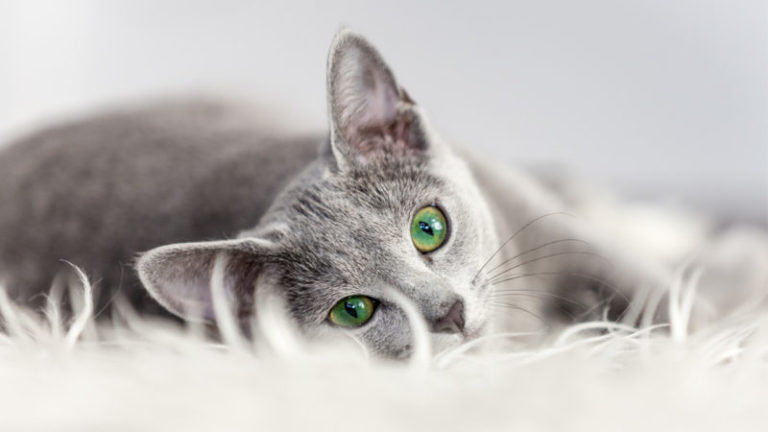Spiritual Meaning of Nail Biting
Nail-biting is a common habit that can have psychological and spiritual implications. In this article, we will discuss why people bite their nails, how it can affect your job, relationships, and finances, and what it might mean if you are having memory lapses or feeling deep regret, or under spiritual attack.
Why Do People Bite Their Nails?
Nail-biting is a complex behavior that may be caused by various factors, including boredom, stress, anxiety, or even just a bad habit picked up from childhood.
It’s estimated that 30-60% of children and 10-20% of adults engage in nail-biting at one point or another.
The physiological act of biting our nails may release endorphins, which make us feel better in times of distress.
Job Implications
Nail-biting can have an effect on your job for obvious reasons.
It is not very professional to be seen with raggedy-looking fingernails, and trying to type on a keyboard with broken nails can be difficult and uncomfortable.
Research suggests that people who bite their nails are often seen as lacking self-discipline, which could lead to missed opportunities for promotion if it becomes an issue with employers.
Relationships & Money
Besides affecting one’s job prospects, nail biting can also take its toll on relationships, depending on the severity of the habit.
Some people view it as unclean or unattractive, which could lead to issues in romantic partnerships if addressed early on.
Even though it may seem like a small thing, when left unchecked, nail biting can put a strain on any relationship.
Furthermore, constantly replacing one’s manicure or buying products specifically made to help stop nail biting can become expensive over time; thus, there are financial implications too.
Memory Lapses & Regret
Memory lapses associated with nail-biting may come from frequent distractions caused by the urge to bite our nails when presented with stressful situations such as taking tests or working on difficult tasks.
Additionally, feeling deep regret after stopping the act may mean that we are simply associating pleasure with almost any kind of physical activity—including nail biting—and we miss this once we have given up the habit entirely.
Under Spiritual Attack
The idea that being under spiritual attack is associated with nail-biting might be related to superstition or traditional beliefs about certain acts being signs from otherworldly forces trying to communicate something important without necessarily wanting ill will on the person engaging in them (in this case: nail-biting).
However, modern science offers no proof linking supernatural forces or spirits with anxious behaviors, such as constant finger-chewing, so this belief should be taken lightly.
Nail Biting Can Lead to Infection
Biting your nails can put you at risk of infection since bacteria, viruses, and fungi can accumulate underneath them.
Nail-biting can lead to open wounds on the fingers, which become entry points for germs and can cause various illnesses such as staph infections or skin diseases like warts.
It May Relate To Perfectionism
Perfectionists may be more likely to bite their nails because they are trying to fix something that does not meet their high expectations.
Feeling the need to improve constantly often leads people to physically attack their bodies to make up for perceived imperfections in themselves.
Associated With Attention Deficit Hyperactivity Disorder (ADHD)
There is some evidence that children diagnosed with ADHD are more likely to engage in nail-biting behavior than those without ADHD.
This correlation has been drawn from observations made by parents and teachers in classrooms, but further research is needed to determine if a true connection between these two phenomena exists.
Low Self-Esteem Can Play A Role
Low self-esteem or feelings of inferiority can often lead people to harshly criticize themselves and pick on minor flaws, such as fingernails or other physical attributes.
In moments of insecurity, one might resort to biting their nails to soothisoothe anxieties and find relief from negative emotions.
Changes In Nail Biting Habits During Pregnancy
During pregnancy, it is not uncommon for women to experience changes in their nail-biting habits. Some pregnant women may find themselves biting their nails more due to increased stress or hormonal changes, while others may begin to forget that they ever had the habit in the first place.
Using Substitute Fidgeting Tactics To Stop Nail Biting
It can be difficult to break the nail-biting habit, but certain substitute fidgeting tactics could help curb the urge, such as playing with a rubber band or using a small toy like a fidget spinner.
The key is always to have something on hand that can distract you away from your nails when you feel the urge coming on.
Conclusion
Nail-biting is a common habit that many people struggle with, but with the right strategies, it is possible to overcome it. Understanding why you bite your nails can be crucial in finding an effective solution. Knowing what substitute fidgeting tactics can help you avoid the urge to bite your nails is essential for breaking this habit.







